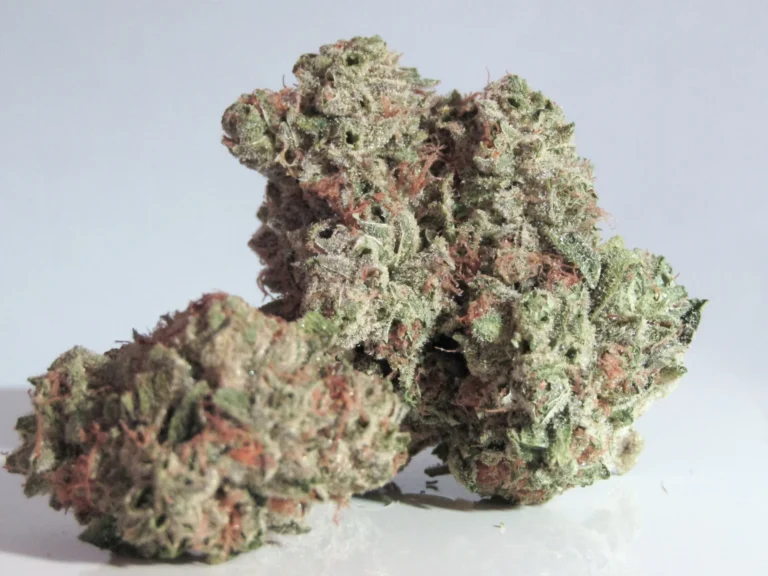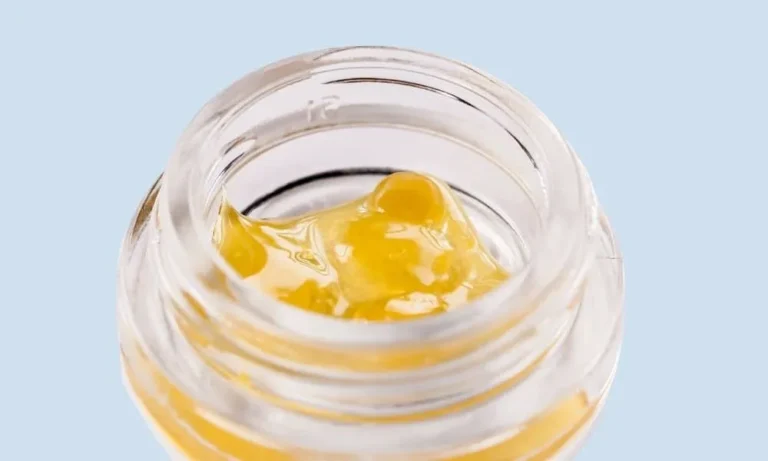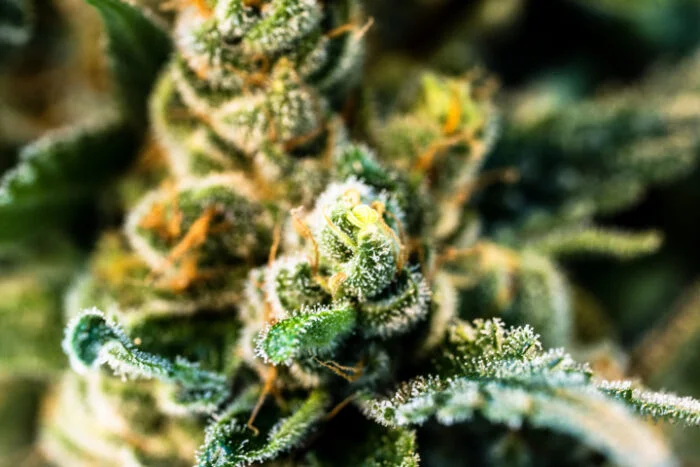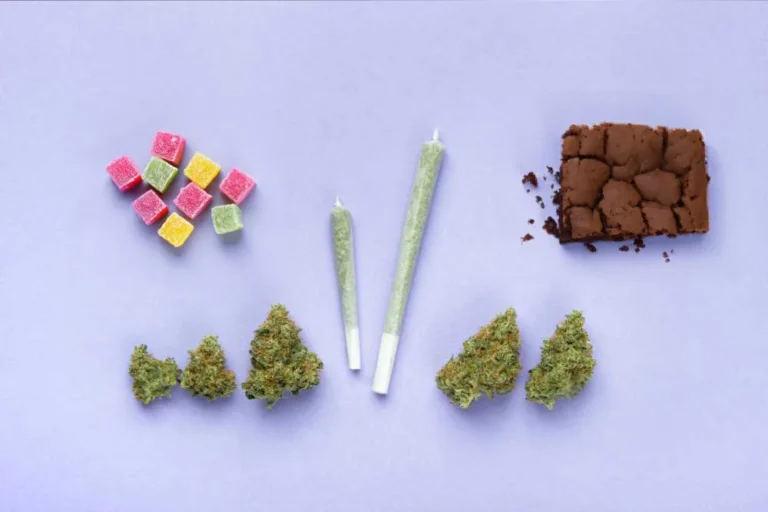Which Delta Is The Strongest?
In the realm of cannabis products, “Delta” refers to the different forms of THC, or tetrahydrocannabinol, found in the cannabis plant. These forms—Delta-8, Delta-9, and Delta-10—each possess distinct properties, effects, and strengths. Consumers often wonder which Delta is the strongest, seeking clarity on which product will provide the most powerful effects. Understanding the nuances among these variations is crucial, as each interacts differently with the body’s endocannabinoid system, leading to varied psychoactive and therapeutic outcomes.
Delta-9 THC stands out as the most recognized and widely utilized form, often regarded as the strongest regarding psychoactive effects. It is the compound responsible for the classic “high” associated with cannabis use. Predominantly found in marijuana, Delta-9 THC binds effectively to CB1 receptors in the brain, resulting in a euphoric and sometimes intense experience. This strong interaction is why Delta-9 is federally regulated, given its potential for mind-altering effects, especially at higher doses. Its potency contributes to its popularity for both recreational and medicinal purposes, as many users seek its powerful effects for pain relief, anxiety reduction, and enhanced relaxation.
Delta-8 THC, while structurally similar to Delta-9, is generally regarded as less potent. It appears in smaller amounts in the cannabis plant and is often synthesized from hemp-derived CBD. This results in a milder psychoactive experience, making Delta-8 a popular choice for those who want to enjoy the benefits of THC without feeling overwhelmed. Users often describe the high from Delta-8 as smoother and more relaxing, with a reduced risk of anxiety or paranoia, which are common side effects of Delta-9. While it may not deliver the same level of euphoria, its gentler effects appeal to those seeking a more balanced experience.
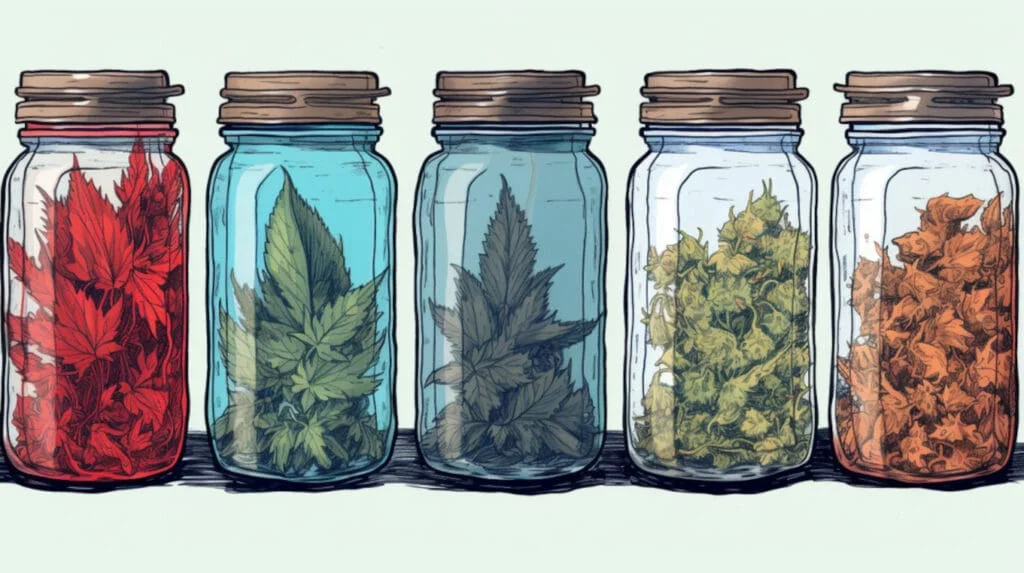
Delta-10 THC is a newer variant that brings a distinct profile to the table. While it isn’t as widely available as Delta-8 or Delta-9, its popularity is on the rise due to its mild and uplifting effects. Users often describe the Delta-10 experience as having a “sativa-like” quality, promoting energy and focus without the heavy sedation that can accompany Delta-9. Its appeal lies not in a strong psychoactive punch, but in its capacity to enhance clarity and alertness while still providing a gentle euphoria.
The impact of each Delta can vary based on individual tolerance and how one’s body metabolizes THC. For some, Delta-9 may feel overwhelmingly potent, leading them to prefer Delta-8 or Delta-10 for a more manageable experience. Conversely, those seeking a more intense high typically find Delta-9 delivers the most powerful effects. Delta-8 is often chosen by individuals looking for therapeutic benefits with minimal cognitive disruption, while Delta-10 is becoming a preferred option for users wanting to remain functional and focused throughout the day.
Legal considerations also play a role in choosing between these variants. Delta-9 THC, being the most potent and regulated, is illegal at the federal level in the U.S. if derived from marijuana, although some states have legalized its use. Delta-8 exists in a legal gray area, largely due to varying state laws, while Delta-10 is emerging with less regulation, though it still faces similar legal scrutiny depending on the location.
Ultimately, selecting the right Delta comes down to the effects you desire. Delta-9 THC provides the most intense psychoactive experience, while Delta-8 offers a milder alternative for those seeking therapeutic effects without overwhelming euphoria. Delta-10 presents a lighter, more energizing high, making it suitable for daytime use or anyone seeking mental clarity. Each variant has its strengths, and the best choice depends on your personal preferences and needs. It’s important to consider how each type of THC interacts with your body, and consulting with professionals can help you find the option that best aligns with your lifestyle and goals.

